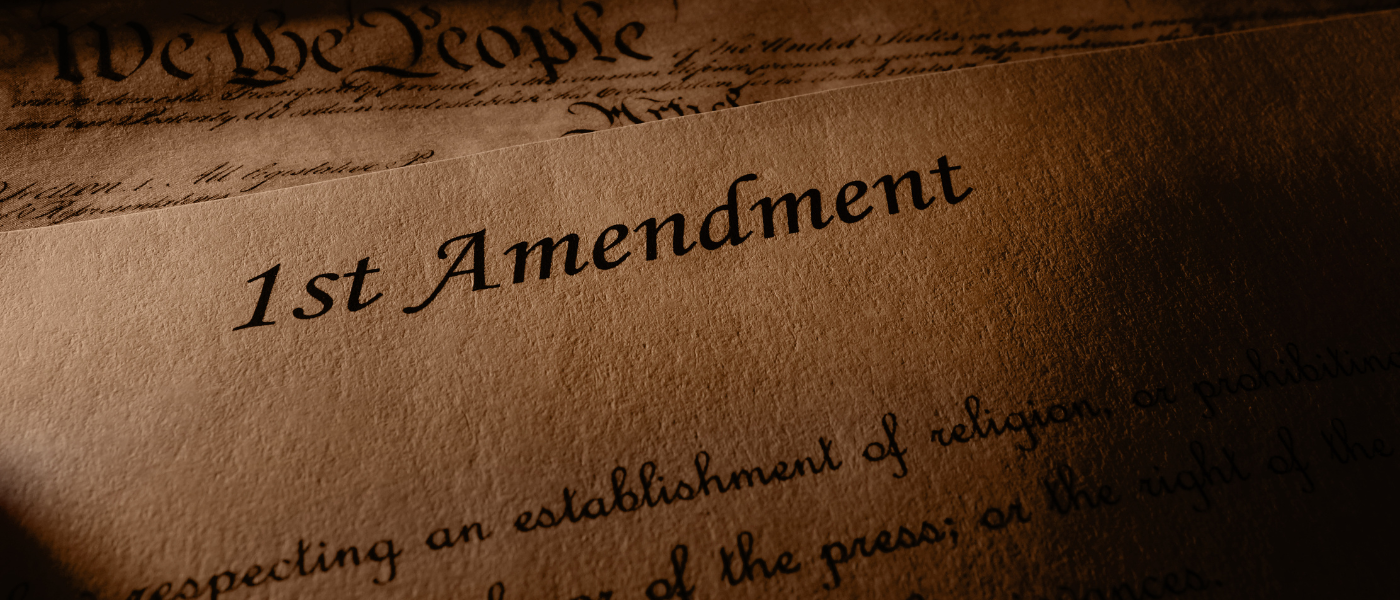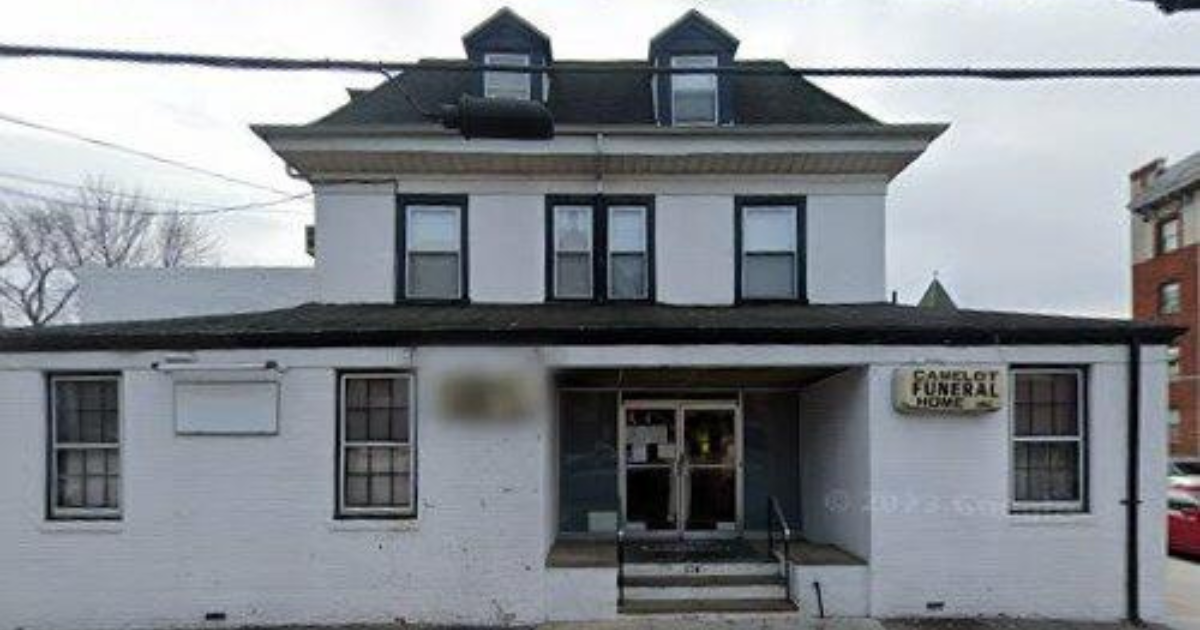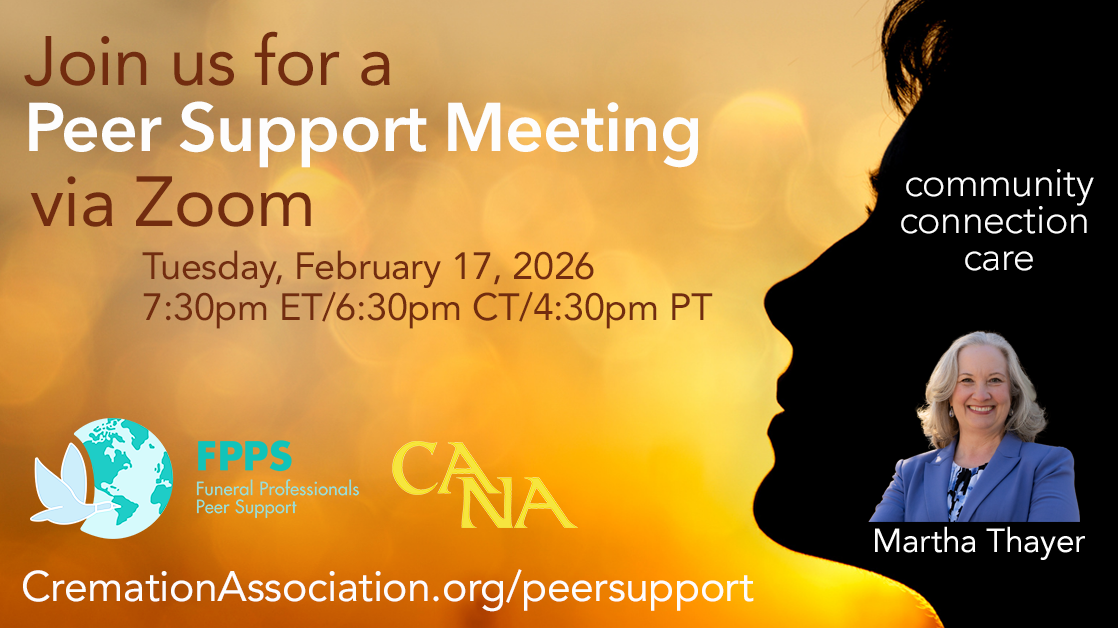Death Doulas in a Battle for Free Speech
If you’ve had the opportunity to worked with them, you know that death doulas traditionally fill the role of a guide, providing support and information to those preparing for either their own passing from this world or the passing of a loved one. And like different funeral homes, each doula’s practice has its own methods and means of serving clients, personal and particular to its way of doing business. All will agree, however, that doulas serve an entirely different purpose and role from funeral directors.
Such is the nature of the battle currently being waged by death doulas in California and Indiana and now, at the federal level, where capacity to practice at all as an “end-of-life” doula is currently being challenged in the court system on a number of fronts.
Should it be held that the practice of a death doula qualifies as that of a “funeral provider” (as is being charged), each practice may be required to hold the license of a funeral home… or pay fees which may be exorbitant, particularly for a small practice.
The decision could lead to the closure of many, if not all, death doula practices.
Guidance to the living
Most death (or “end-of-life”) doulas serve as a sort of broker between the public and the cultural landscape of death care, helping families deal with the many aspects of preparation for, navigation through, and completion of the process of dying, disposition, and into mourning. They do this by assisting the dying and loved ones as a kind of touchstone for the main elements of the process (seeing to the “practical, emotional and spiritual needs of the dying”).
An amicus filed in federal court on behalf of doulas claims that it is this freedom to disseminate information which is threatened by the current lawsuits and orders restricting the operations of doulas in Indiana and California:
The defendant in Full Circle of Living & Dying v. Sanchez, the California Cemetery and Funeral Bureau, issued an order in November 2019 to the death doula plaintiffs, Full Circle of Living & Dying, to “immediately discontinue advertising and operating as a funeral establishment until a license is issued by the Bureau.” It threatened fines of up to $5,000 if Full Circle continued to operate without a license (source).
Agency and support
Many see responsibility to the dying themselves, helping them to take ownership of their own arrangements in a way that allows them to ensure that their beliefs and preferences factor into the arrangements. In states where regulations permit, end of life doulas sometimes help to facilitate at-home funerals, assisting the family with cleansing, dressing, and preparing the body.
They may also provide a source of comfort to families who have not yet developed acceptance of the idea of death. They may also companionship to a dying person when a family is unable to be present, but want someone to be there… services not generally provided by funeral directors prior to death.
There’s no technical preparation of remains: doulas do not typically do embalming or manage interment. It obviously isn’t a death doula’s job to perform the tasks standard to the role of funeral home operators, but some practices may offer direction navigating the completion of necessary paperwork and documentation that follow a death.
If the court documents filed establish that the nature of the services being provided focus on the life side of the practical matters of death, the doulas’ services may be protected.




